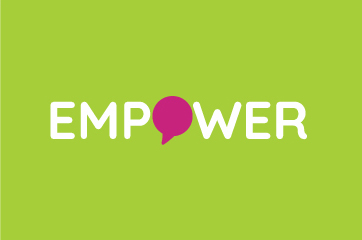Help and support
Our team are here to help you and offer support for recent and past vicitims of sexual abuse. See how we can help you to move forward.
Talk to us
We offer person-centered support to anyone who has experienced sexual abuse.
